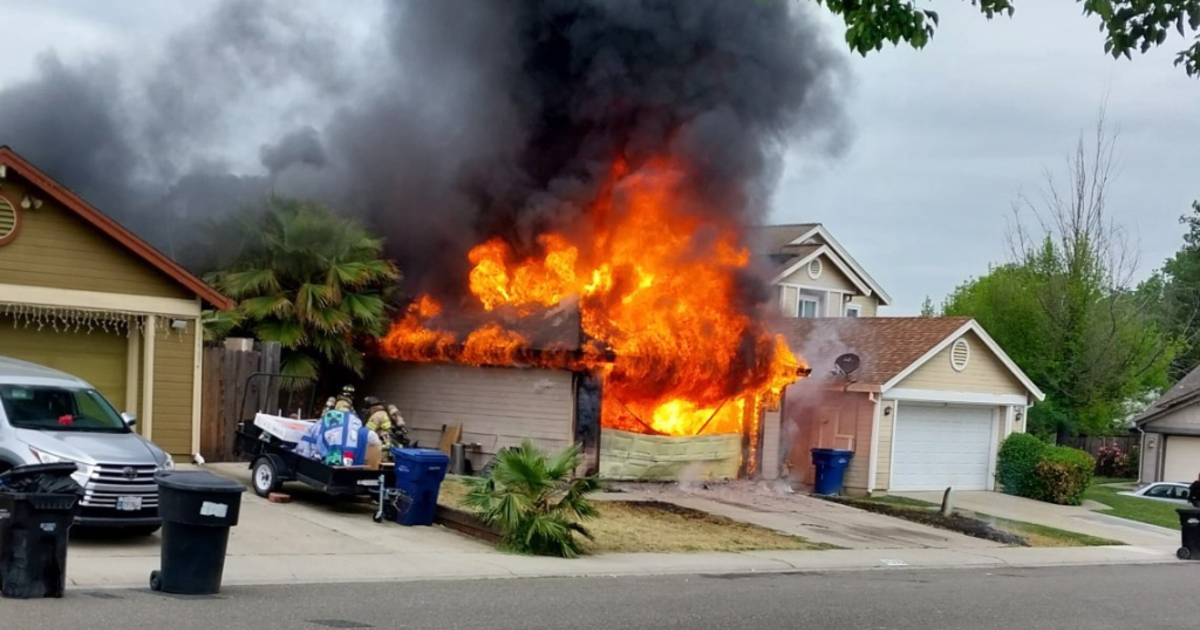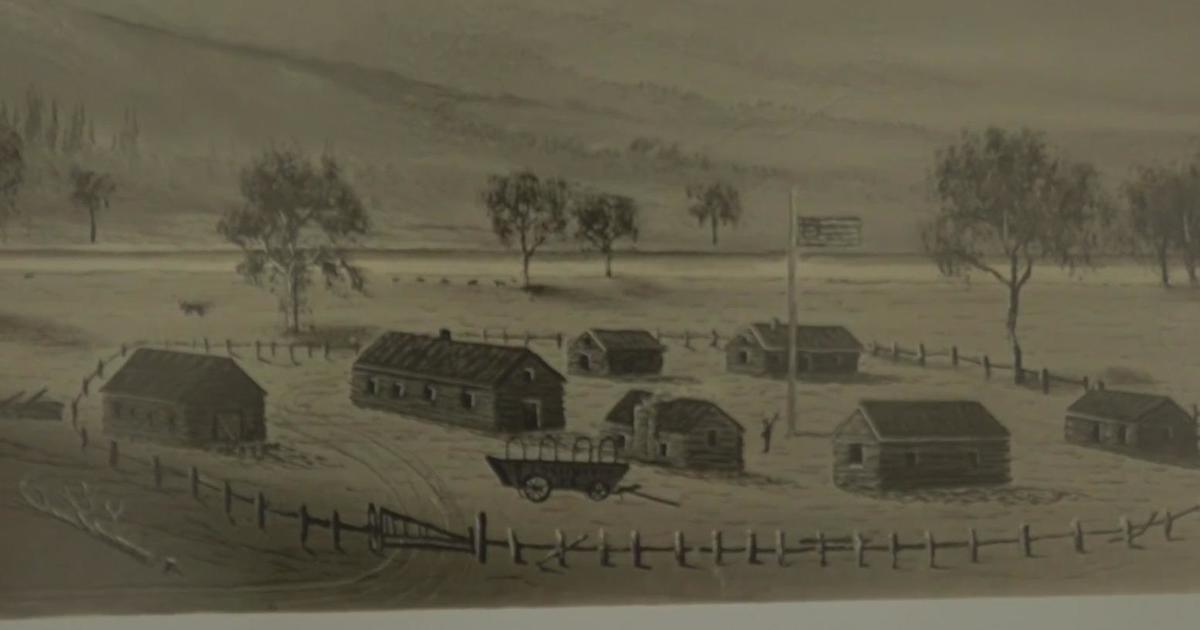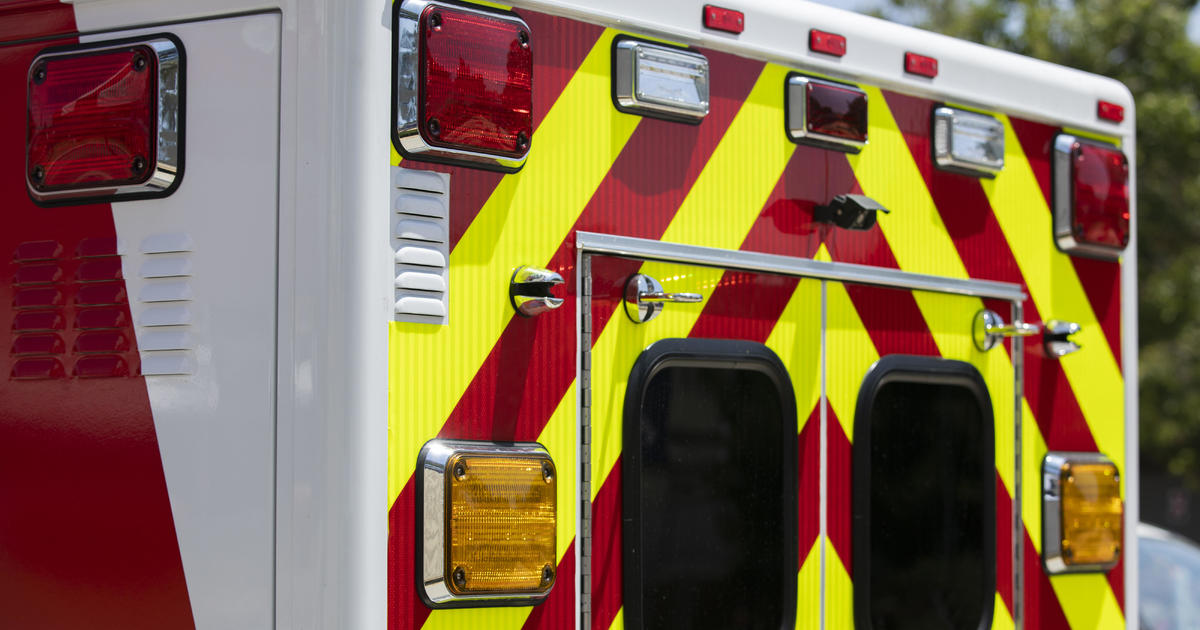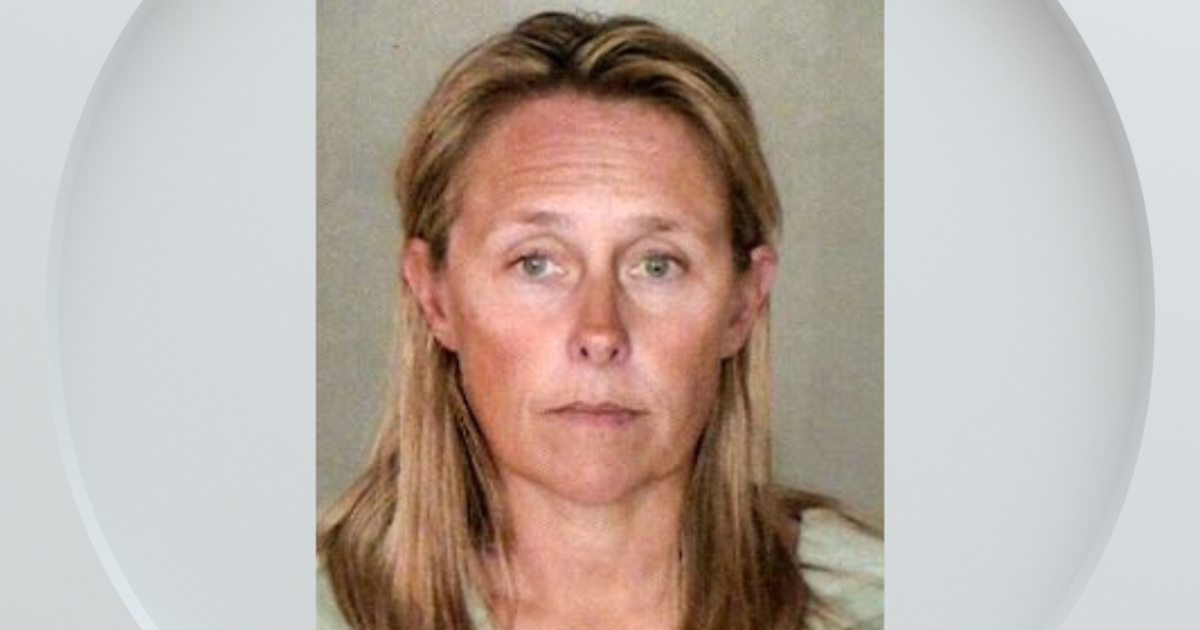BART Strike Day 4: Commuters Facing Gridlock
OAKLAND, Calif. (AP) — San Francisco Bay Area commuters started the new work week on Monday with gridlocked roadways and long lines for buses and ferries as a major transit strike entered its fourth day.
At the same time, federal investigators were searching for clues to a weekend train crash that killed two workers.
Traffic leading up the San Francisco-Oakland Bay Bridge was already snarled for miles around 6 a.m., as commuters got an earlier start without Bay Area Rapid Transit service. The line for charter buses running out of one BART station was at least a hundred-people deep in the pre-dawn hours. BART, the nation's fifth-largest commuter rail system, has an average weekday ridership of 400,000.
BART spokeswoman Alicia Trost said Sunday that transit officials and labor leaders have been in contact over the weekend, but the two sides did not have any plans to return to the bargaining table.
BART presented what it called its last and final offer to its unions a week ago but is open to restarting the negotiations if that is what the federal mediator overseeing the process wants, Trost said. The system's directors plan to hold a special closed meeting on Monday, she said.
Amalgamated Transit Union local president Antonette Bryant said over the weekend that she would take BART's final contract before members for a vote this week, but expects it will be rejected.
The San Francisco Chronicle reported that late Sunday the unions made an offer to BART. The ATU and Service Employees International Union said the proposal would allow for changes in work rules related to implementing new technology, but retain rules related to safety. Trost said that the agency "will take a look at their proposal."
Officials have said that the two sides generally agreed on economic issues but came to an impasse over work rules, including the length of the work day and when overtime pay kicks in, the union said.
Meanwhile, a federal investigator said Sunday that even though the train that killed the two workers didn't have a front-facing video recorder, interviews, inspections, audio recordings and camera footage from the train's cab should provide enough evidence to determine a cause.
Jim Southworth, the National Transportation Safety Board's railroad accident investigator-in-charge, said the Bay Area Rapid Transit train wasn't carrying any passengers when the crash occurred Saturday because of the labor strike.
But whether the work stoppage or the way BART management deployed non-striking workers during the shutdown played a role in the fatalities will not be known for weeks or months, Southworth said.
BART officials said on Sunday that they could no longer discuss the accident because of the ongoing NTSB investigation.
BART's assistant general manager has said that the four-car train with several employees aboard was returning from a routine maintenance trip and was being run in automatic mode under computer control when it struck the workers who were inspecting a section of track in Walnut Creek.
Neither BART nor the county coroner has released the names and ages of the victims — one a BART employee and the other a contractor. They were the sixth and seventh workers to die on the job in the system's 41-year history.
Even if the strike ended immediately, the ongoing investigation at the collision site means it would probably take a few days before trains could run on those specific tracks, he said.
On Sunday evening, transit workers held a candlelight vigil for their colleagues.
The NTSB has been promoting improved safety measures for track maintenance crews since a foreman was killed by a passenger train in May in West Haven, Conn., spokesman Eric Weiss said.
Copyright 2013 The Associated Press. All rights reserved. This material may not be published, broadcast, rewritten or redistributed.



